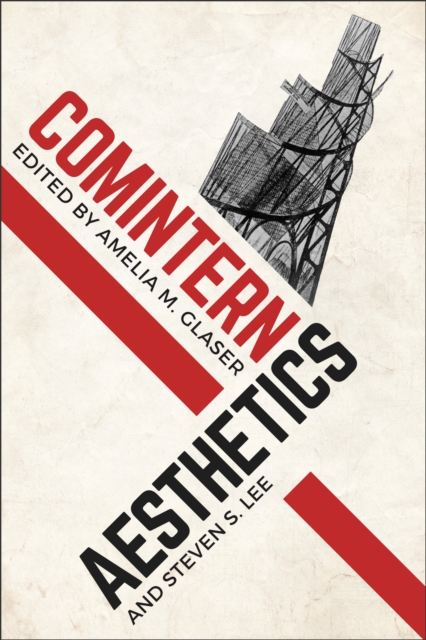
Comintern Aesthetics PDF
Edited by Amelia Glaser, Steven S. Lee
Description
Founded by Vladimir Lenin in 1919 to instigate a world revolution, the Comintern sought to advance not only the proletarian struggle but also a wide variety of radical causes, including fighting against imperialism and racism in settings as varied as Ireland, India, the United States, and China. Notoriously, and from the organization's outset, these causes grew ever more subservient to Soviet state interest and Stalinist centralization.
Comintern Aesthetics shows how the cultural and political networks emerging from the Comintern have persisted, even after the Comintern’s demise in 1943. Tracing these networks through a multiplicity of artistic forms geared towards advancing a common, liberated humanity, this volume captures both the failure and the enduring allure of a Soviet-centred world revolution.
The sixteen chapters in this edited volume examine cultural and revolutionary circuits that once connected Moscow to China, Southeast Asia, India, the Near East, Eastern Europe, Germany, Spain, and the Americas. The Soviet Union of the interwar years provided a template for the convergence of party politics and cultural history, but the volume traces how this template was adapted and reworked around the world. By emphasizing the shared Soviet routes of these far-flung circuits, Comintern Aesthetics recaptures a long-lost moment in which cultures could not only transform perception but also highlight alternatives to capitalism – namely, an anti-colonial world imaginary foregrounding race, class, and gender equality.
Information
-
Download - Immediately Available
- Format:PDF
- Pages:592 pages
- Publisher:University of Toronto Press
- Publication Date:24/02/2020
- Category:
- ISBN:9781487530631
Information
-
Download - Immediately Available
- Format:PDF
- Pages:592 pages
- Publisher:University of Toronto Press
- Publication Date:24/02/2020
- Category:
- ISBN:9781487530631






